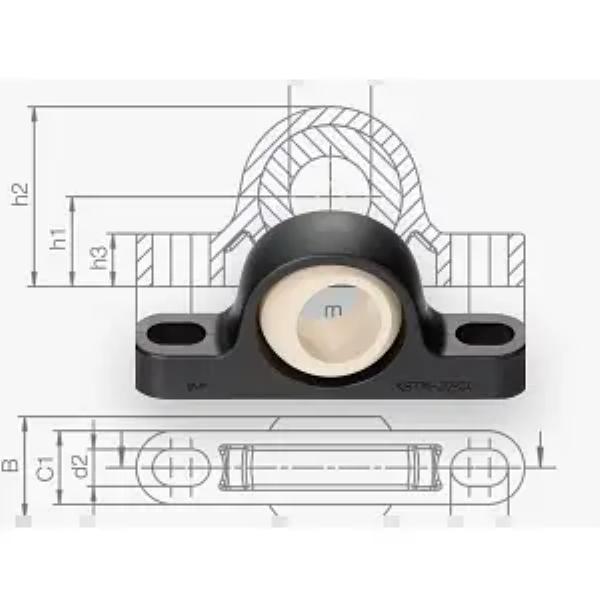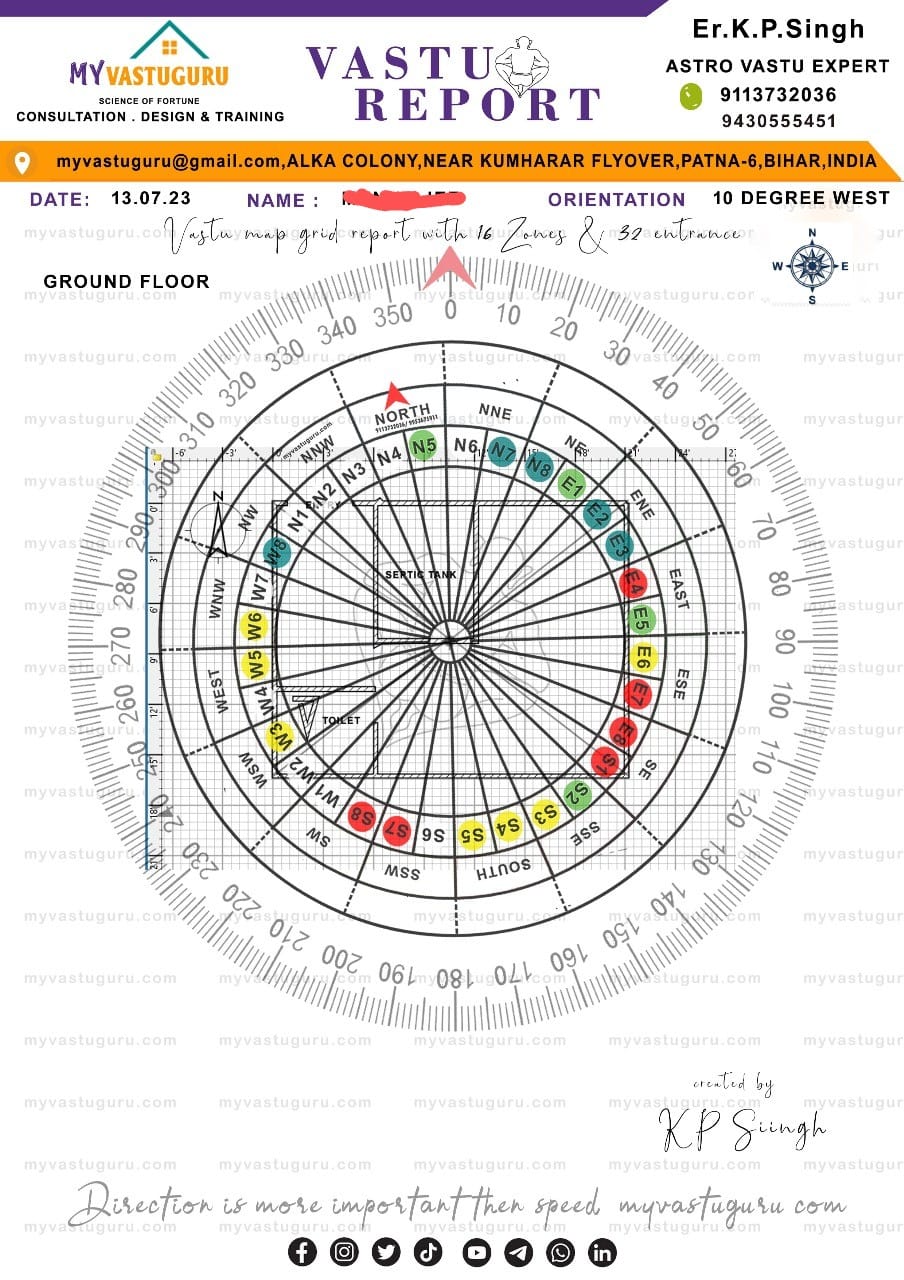What Factors Should Be Considered When Selecting Plummer Block Bearings?

Introduction
Plummer block bearings play a crucial role in various industrial applications, ensuring the smooth functioning of rotating machinery. Selecting the right plummer block bearings is essential for maximizing equipment performance, reliability, and longevity. In this article, we will delve into the factors that need to be carefully considered when choosing plummer block bearings.
Understanding Plummer Block Bearings
What are Plummer Block Bearings?
Plummer block bearings, commonly referred to as pillow block bearings, are an essential component in various industrial applications. Their primary purpose is to provide crucial support to rotating shafts, enabling smooth and efficient operation of machinery. These bearings are specifically designed to handle heavy loads and challenging conditions, making them indispensable in industries like manufacturing, agriculture, and mining.
A typical plummer block bearing comprises two main components: the housing, also known as the plummer block, and the insert bearing. The housing, often crafted from durable materials such as cast iron or steel, serves as a protective enclosure for the insert bearing. Its robust construction ensures the bearing's safety and stability, even in demanding working environments.
Types of Plummer Block Bearings
Before diving into the factors to consider, it's essential to understand the different types of plummer block bearings available. The most common types include:
- Ball Bearing Plummer Blocks: Ideal for light to moderate loads and high-speed applications.
- Spherical Roller Bearing Plummer Blocks: Suitable for heavy loads and applications with misalignment issues.
- Tapered Roller Bearing Plummer Blocks: Used for handling axial and radial loads simultaneously.
- Cylindrical Roller Bearing Plummer Blocks: Designed for heavy radial loads and moderate axial loads.
Factors to Consider When Selecting Plummer Block Bearings
Load Capacity and Durability
One of the primary considerations is the load capacity of the bearing. You must accurately determine the maximum expected load the bearing will encounter during operation. Additionally, consider the bearing's durability and its ability to withstand heavy loads, shock, and vibration. Opting for a bearing with a higher load capacity ensures a longer service life.
Bearing Material and Lubrication
The choice of bearing material and lubrication is critical for proper functioning and extended bearing life. Common materials include stainless steel, chrome steel, and ceramic. Stainless steel is corrosion-resistant, making it suitable for harsh environments. Lubrication is essential to reduce friction and prevent wear. Grease and oil are the most commonly used lubricants.
Temperature and Environment
The operating temperature and environmental conditions influence the performance of plummer block bearings. Extreme temperatures or exposure to contaminants can affect bearing efficiency and life span. Consider special coatings or seals if the bearing will operate in challenging environments.
Shaft Size and Tolerance
Ensure the plummer block bearing's inner diameter (bore size) matches the shaft size precisely. A proper fit prevents slippage and excessive wear. Pay attention to the bearing tolerance, as it can impact the overall stability and precision of the machinery.
Alignment and Installation
Proper alignment during installation is crucial for optimal bearing performance. Misalignment can lead to increased friction, noise, and premature failure. Follow the manufacturer's guidelines for installation and consider using alignment tools for accuracy.
Advantages of Using Plummer Block Bearings
Plummer block bearings offer several advantages that make them a popular choice in various applications:
- Easy installation and replacement.
- Self-aligning capability reduces the risk of misalignment-related issues.
- Robust housing provides protection and support to the bearing.
- Suitable for a wide range of load capacities and operating conditions.
Maintenance Tips for Plummer Block Bearings
To ensure the longevity and reliability of plummer block bearings, follow these maintenance tips:
- Regularly inspect the bearings for signs of wear, damage, or contamination.
- Keep the bearings properly lubricated as per the manufacturer's recommendations.
- Monitor operating temperatures to detect any abnormalities.
- Address any misalignment or installation issues promptly.
Conclusion
Selecting the appropriate plummer block bearings is of paramount importance to ensure the seamless and efficient operation of rotating machinery. The process of choosing these bearings involves careful consideration of various critical factors that directly influence their performance and longevity. Among the key factors to take into account during the selection process are the bearing's load capacity, the material from which it is constructed, the specific operating environment in which it will function, the precise size of the shaft it will be mounted on, and the accuracy of its alignment.
Firstly, analyzing the load capacity of the bearing is crucial as it determines the maximum weight and pressure the bearing can withstand during operation. An accurate assessment of the expected load is necessary to prevent the bearing from failing prematurely due to excessive stress. Furthermore, the durability of the bearing is directly linked to its load capacity, making it essential to opt for a bearing with a higher load rating to ensure a prolonged and reliable service life.
Secondly, the choice of bearing material plays a significant role in determining its performance and resistance to various environmental factors. Common materials for plummer block bearings include stainless steel, chrome steel, and ceramic. Stainless steel is known for its exceptional corrosion resistance, making it suitable for applications in harsh or corrosive environments. On the other hand, chrome steel offers excellent durability and strength, while ceramic bearings are prized for their lightweight properties and reduced friction.
Thirdly, taking into account the operating environment is crucial, as different conditions can impact the bearing's efficiency and longevity. Factors such as temperature variations, exposure to contaminants, or even extreme weather conditions can significantly affect the bearing's performance. To address these challenges, selecting bearings with specialized coatings or enhanced sealing mechanisms may be necessary to safeguard the bearing against potential damage and ensure optimal operation.
Moreover, the precise size of the shaft and its tolerance are critical factors that must be considered to achieve a proper fit between the bearing and the shaft. A secure fit is essential to prevent slippage and maintain the integrity of the machinery. Thus, meticulous attention to detail during the measurement and selection process is imperative to avoid compatibility issues and potential operational hazards.
Furthermore, the accurate alignment of the bearing during installation is a crucial aspect of maximizing its efficiency and preventing premature wear. Misalignment can lead to increased friction, noise, and even catastrophic failure over time. To achieve the desired alignment, employing alignment tools and adhering to the manufacturer's guidelines is recommended.
In conclusion, the meticulous selection of the right plummer block bearings is an indispensable aspect of ensuring the smooth and efficient operation of rotating machinery. By carefully considering factors such as load capacity, bearing material, operating environment, shaft size, and alignment, you can make an informed choice that significantly enhances equipment performance and minimizes downtime. Additionally, practicing proper maintenance techniques, such as regular inspection and appropriate lubrication, will undoubtedly extend the bearing's service life, providing long-term benefits and ensuring the sustained efficiency of the machinery it supports.
FAQs
Q: Can I use any type of plummer block bearing for heavy loads?
A: No, you should select spherical roller bearing plummer blocks specifically designed to handle heavy loads and misalignment.
Q: How often should I lubricate plummer block bearings?
A: Lubrication frequency depends on operating conditions, but generally, regular intervals (e.g., every three to six months) are recommended.
Q: Can plummer block bearings withstand high temperatures?
A: Yes, depending on the bearing material and lubrication, some plummer block bearings can handle elevated temperatures.
Q: Are plummer block bearings suitable for corrosive environments?
A: Stainless steel plummer block bearings are corrosion-resistant and well-suited for such environments.
Q: What tools can help with proper bearing alignment during installation?
A: Laser alignment tools are commonly used for accurate and efficient bearing alignment.
Note: IndiBlogHub features both user-submitted and editorial content. We do not verify third-party contributions. Read our Disclaimer and Privacy Policyfor details.







